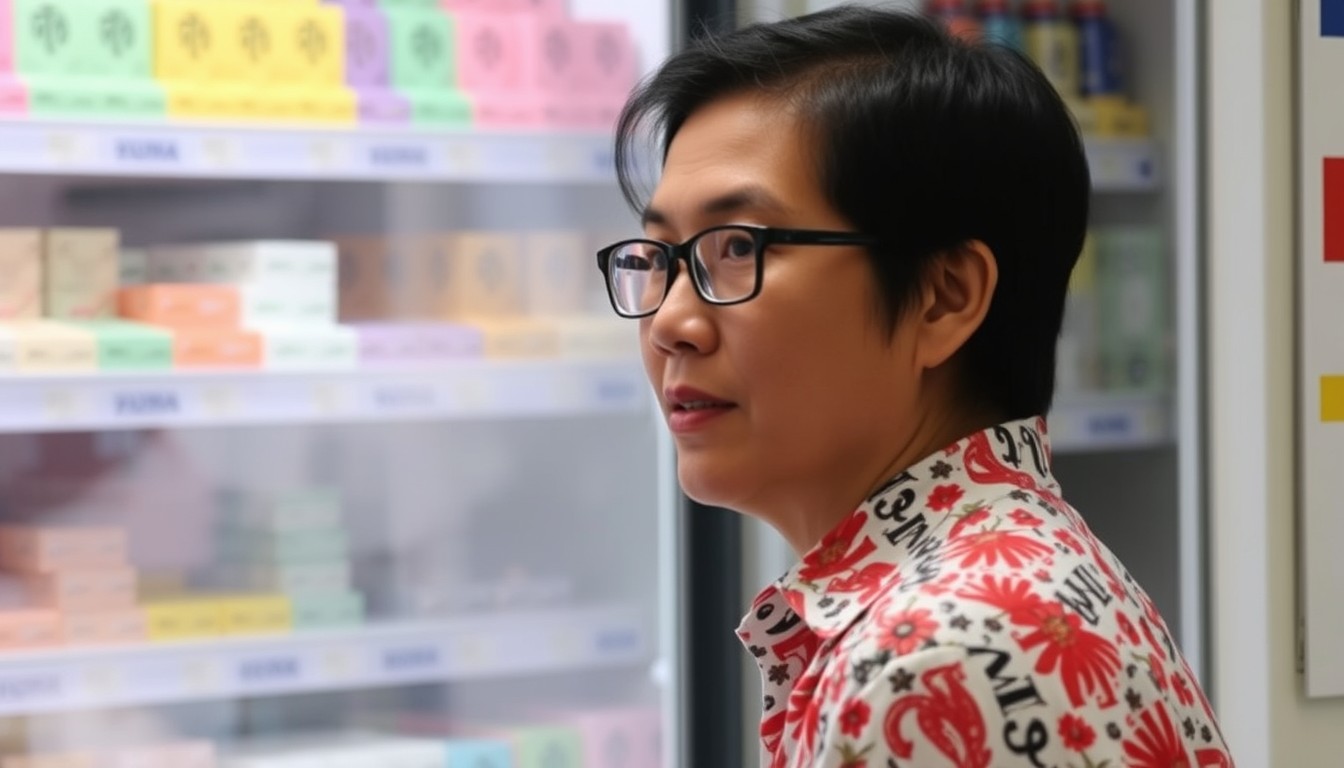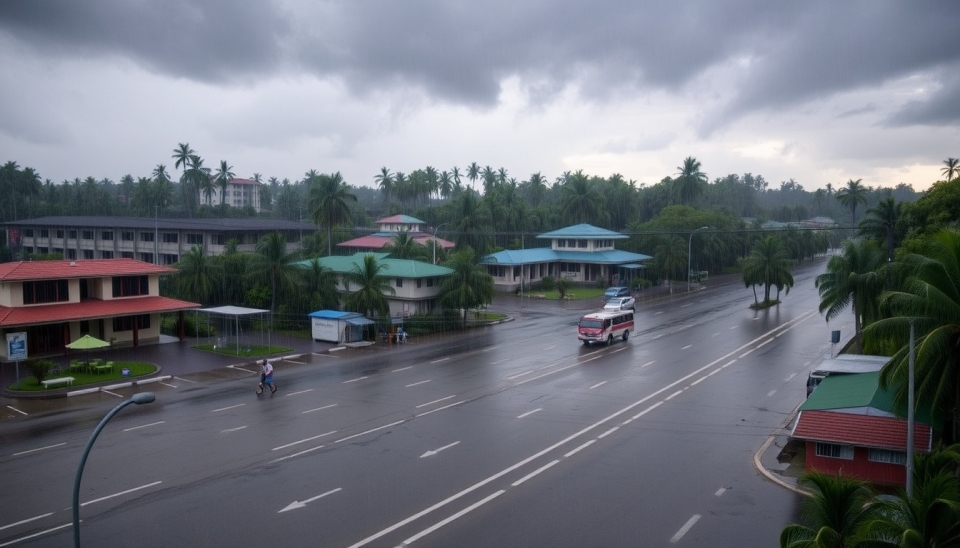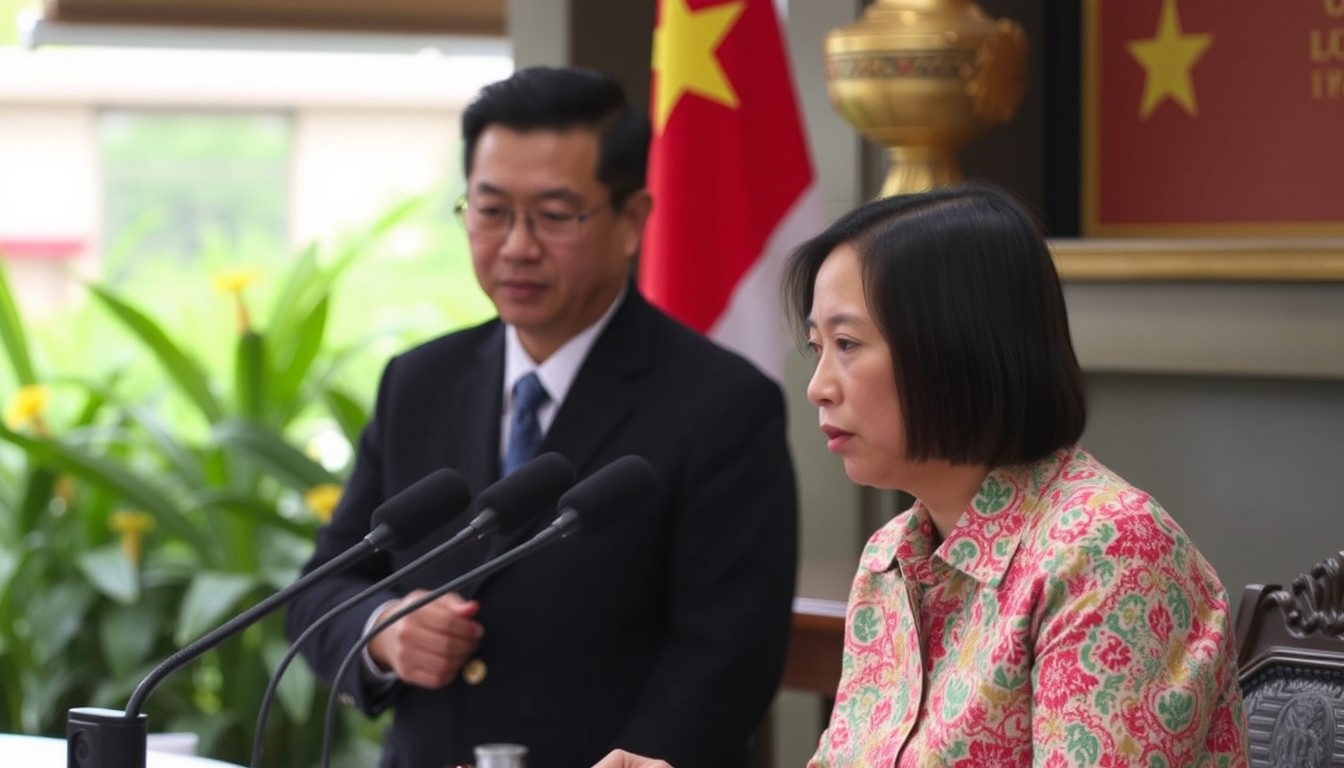Philippine Inflation Cools, Paving the Way for Rate Cuts

Recent data on inflation in the Philippines revealed a notable decline, which was below the expectations of experts and analysts. This decrease creates a premise for potential cuts in interest rates in the future, which could positively impact the country's economy.
According to the provided information, the annual inflation rate in the Philippines in August was 4.3%. This figure is lower than the expected level of 4.8% and represents a significant drop compared to July, when the rate was at 4.7%. This data was released by the country's Statistics Office and indicates positive changes in the economic situation.
One reason for the drop in inflation is cited as the decrease in prices for food and daily consumer goods. Experts suggest that this trend may continue, especially under conditions of stable agricultural production and favorable weather, which contribute to an increased supply.
The decline in inflation has also generated positive expectations regarding the monetary policy of the central bank. Since one of the central bank's main tasks is to control inflation, successfully reaching goals in this area could offer it the opportunity to adjust interest rates. Some economists are already forecasting possible rate cuts in the coming months if the inflation trend persists.
The country's economic stability and declining prices for essential food products give hope for an improvement in the population's living standards and stimulate consumption. Expectations of falling prices help bolster support for the president and his administration among citizens, which may also positively affect public policy.
However, experts warn that unplanned changes in the global economy and domestic risks, such as potential natural disasters, could blur these positive trends. Attention to these factors will play a crucial role in the further development of the economic situation in the Philippines.
Thus, the decrease in inflation in the Philippines brings optimism among economists and government officials, as new opportunities open up for enhancing economic policy and improving the welfare of citizens.




